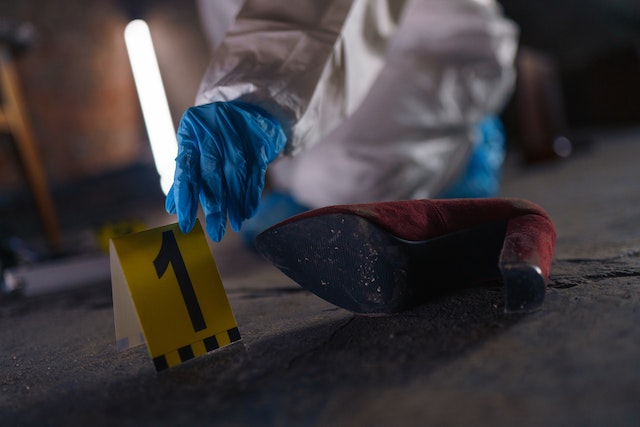Do you want to become a criminologist? If yes, then this article will help you with the fundamental things you need to know to start or scale your career.
There are many different jobs in criminology, ranging from police officers to social workers. If you’re interested in this field, keep reading to find out more about these jobs, what qualifications you need, and what kind of experience can help you get hired.

What Is Criminology?
Criminology is the study of crime and criminals in our society. It looks at why people commit crimes and how to stop crime from happening. This field covers many areas, including police work and helping victims.
A criminologist does research to figure out why crimes happen. They want to prevent more crimes in the future. Some experts, like forensic scientists, use technology to study crime scenes and gather evidence for the police. Criminology helps make our communities safer by understanding and preventing crimes.
Why Choose a Career in Criminology?
A career in criminology can be stable, rewarding, and well-paying. Many criminology jobs are in the government, offering great benefits like healthcare and pensions. Even private sector roles like private investigators can be highly profitable.
People become criminologists because they want to make society safer and help those who’ve been in prison reintegrate into the community. Parole officers, for example, assist people after their release by providing support for finding jobs, housing, and drug treatment programs. This field not only offers financial security but also a chance to make a positive difference in people’s lives.
Criminal Justice Careers: What You Need to Know
There are many different jobs in law enforcement that you can access as a criminologist, and some don’t need a college degree. Police officers and border patrol agents, for instance, only need a high school diploma or GED. These jobs can be obtained with training and hard work. Correctional officers might have a criminology degree, depending on the prison they work in.
For more advanced careers, like being a forensic psychologist, you need a bachelor’s degree in criminology, psychology, or sociology. Jobs like criminal profilers require a deep understanding of criminal behaviour and good critical thinking skills, which criminology degrees teach. Some jobs in criminology need a doctoral degree. For example, if you want to be a criminal lawyer, you have to go to law school and pass a tough exam called the bar exam in the state where you want to work.
Paralegals and legal assistants usually have a bachelor’s degree, but they don’t need to go to law school or pass the bar exam.
People with master’s degrees in criminology can become teachers and teach criminology classes to college students.
At the highest level, there are jobs with government agencies like the Department of Homeland Security and the FBI. People who work as intelligence analysts in these agencies usually have criminology degrees. These jobs involve analyzing information to help keep the country safe.
Starting a Career in Criminology Made Simple
First, figure out what jobs in criminology interest you. Think about what you’re good at and what you enjoy doing. Do you see yourself as a police officer, social worker, probation officer, or analyst? If you dream of making a difference in the justice system, consider becoming a lawyer by studying for the LSAT exam.
If you’re already in law enforcement and want to move up, try doing internships in the area you’re interested in. For those who are intrigued by forensic science, getting a degree is essential. Even though you can find work without a bachelor’s degree, having one in criminology greatly improves your chances of getting the job you want and making a significant impact as a criminologist.